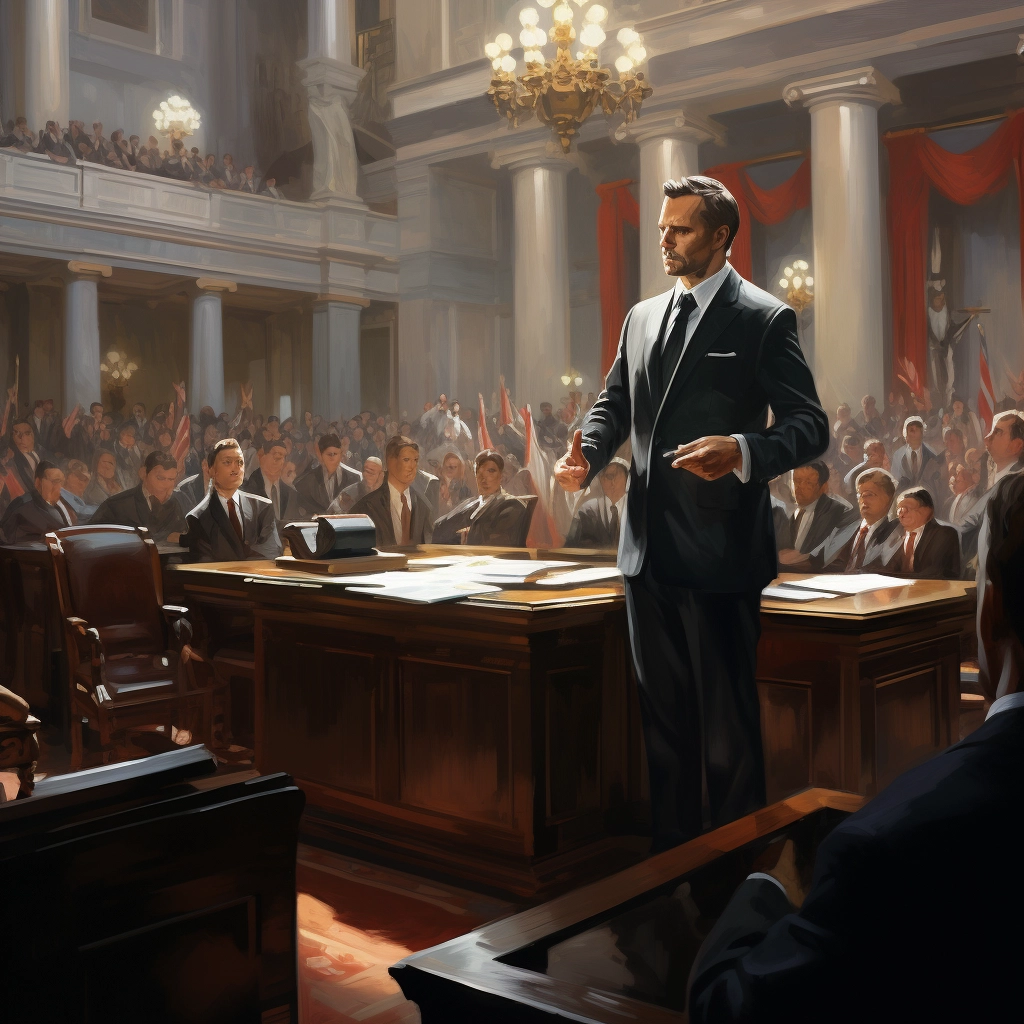In a recent development, a federal judge in California has trimmed a lawsuit filed against Stability AI, Midjourney, and DeviantArt by visual artists, who claim that their copyrighted work was misused by these companies in connection with their generative artificial intelligence (AI) systems. The judge dismissed some claims made by the artists, including copyright infringement allegations against Midjourney and DeviantArt. However, the judge allowed the artists to file an amended complaint against these two companies. This blog post will provide an overview of the case and its implications for the use of AI systems in relation to copyrighted art.
Trimming of Lawsuit
U.S. District Judge William Orrick dismissed certain claims brought by visual artists Sarah Andersen, Kelly McKernan, and Karla Ortiz against Stability AI, Midjourney, and DeviantArt. The judge stated that the artists could file an amended complaint against Midjourney and DeviantArt, as their systems utilize Stability's Stable Diffusion text-to-image technology. However, the judge completely dismissed McKernan and Ortiz's copyright infringement claims. Only Andersen's key claim, alleging that Stability used her work to train Stable Diffusion without authorization, was allowed to proceed.
Copyright Infringement Allegations
The artists' attorneys, Joseph Saveri and Matthew Butterick, expressed confidence in their "core claim" surviving and stated that they would address the court's concerns about other claims in the amended complaint. The artists had alleged that Stability AI used billions of images, including theirs, scraped from the internet without permission to teach its AI system, Stable Diffusion, to create its own images.
Judge's Ruling on AI Systems' Output
Judge Orrick agreed with all three companies that the images created by their AI systems did not likely infringe the artists' copyrights. However, he allowed the claims to be amended but emphasized that allegations based on the output of these systems would need to demonstrate substantial similarity to the artists' original work. The judge also dismissed other claims, including violations of publicity rights and unfair competition, with permission to refile.
Implications for Copyright Lawsuits Against AI Companies
This case is just one of several lawsuits brought by artists, authors, and copyright owners against generative AI companies. The ruling highlights the complexities surrounding the use of copyrighted material in AI systems. While the judge acknowledged the artists' concerns, he emphasized the need for a clear demonstration of substantial similarity between the AI-generated images and the artists' work.
Conclusion
The federal judge's decision to trim the lawsuit against Stability AI, Midjourney, and DeviantArt showcases the ongoing legal battles surrounding the use of copyrighted art in AI systems. While the artists have been allowed to pursue their key claim against Stability, the case underlines the importance of demonstrating substantial similarity when alleging copyright infringement by AI-generated content. As the legal landscape continues to evolve, it remains crucial for AI companies to navigate copyright laws and ensure proper authorization and licensing of copyrighted material.
